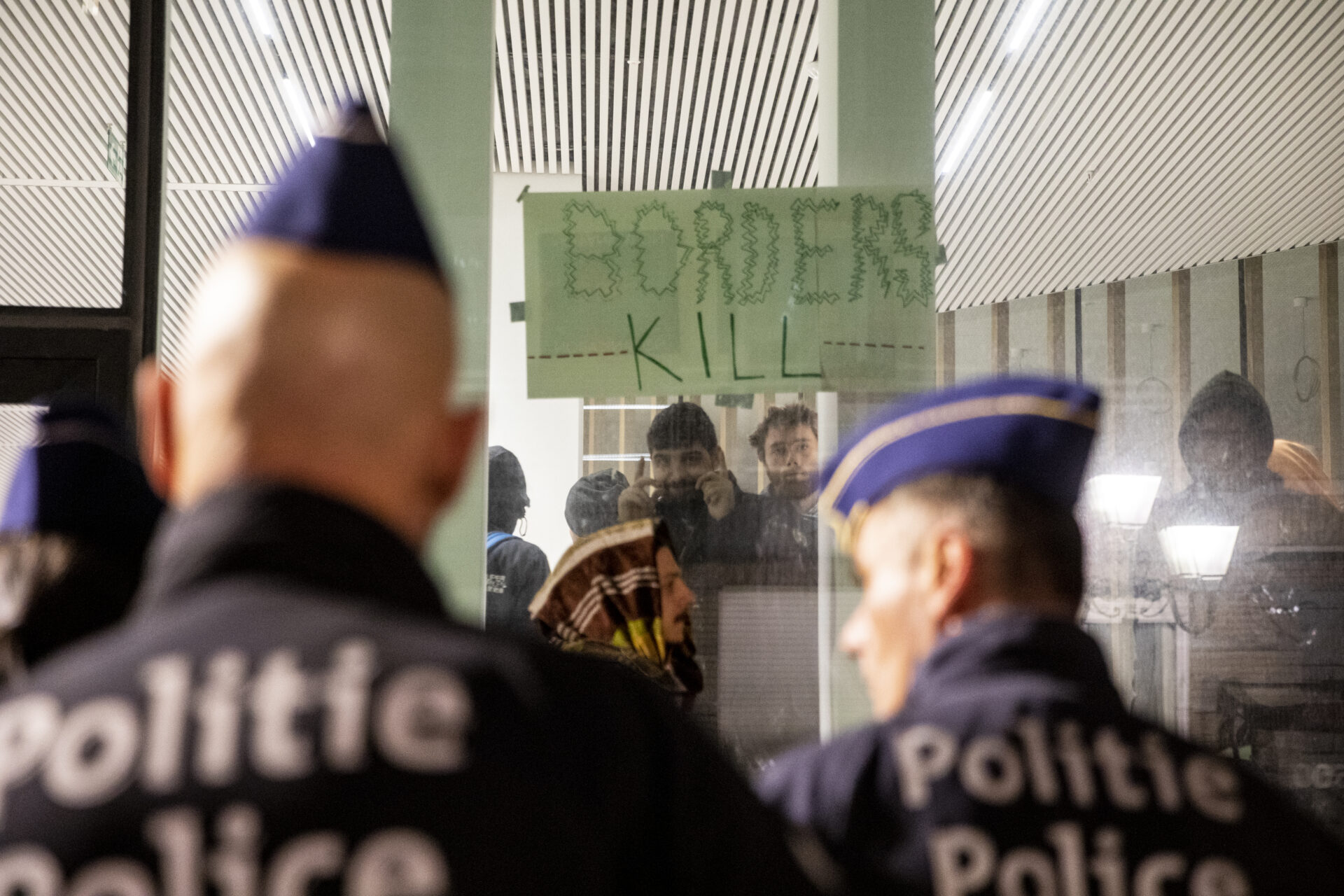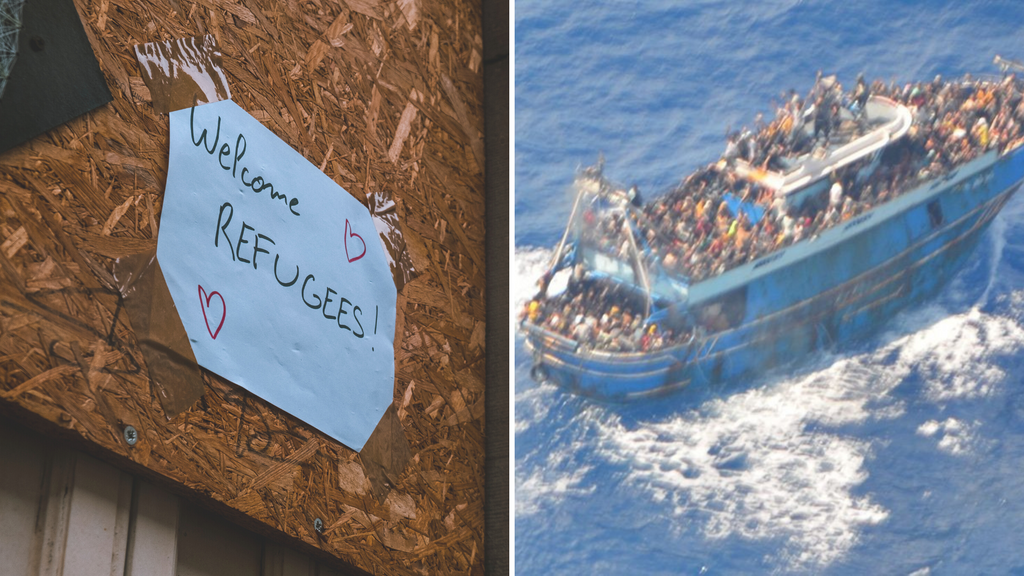World Refugee Day was first created to honour refugees. Over 20 years on, however, there is little to celebrate as refugees are still being treated abysmally.
The annual World Refugee Day takes place on 20 June. This year it falls just days after a tragedy thought to be the deadliest shipwreck off the Greek coast, when a fishing vessel carrying an estimated 700 people capsized in the Mediterranean.
World Refugee Day's significance has also been hampered by the recent vote on the EU Migration Pact. If approved, it would be disastrous for human rights, refugee organisations warn. Meanwhile, the number of forcibly displaced people has reached the highest level in modern history.
Ahead of the commemorative day, the Council of Europe Commissioner for Human Rights, Dunja Mijatović, wrote a statement from the Italian island of Lampedusa.
"I am struck by the alarming level of tolerance to serious human rights violations against refugees, asylum seekers and migrants that has developed across Europe," she said. "Ahead of the day on which we raise awareness of refugee rights, it is impossible not to reflect on the situation that persists in the Mediterranean and elsewhere."
Continued failure
Mijatović stressed that last week's shipwreck is another reminder that, despite many warnings, the lives of people at sea remain at risk due to a lack of rescue capacity, safe and legal routes and solidarity, and criminalising NGOs that try to provide life-saving assistance.
This was echoed by spokesperson for Refugee Work Flanders Thomas Willekens, who noted that refugees' rights are constantly being violated throughout Europe, both at borders and in the countries themselves.
"For years we have said that there is a need for a different approach to migration than the current race to the bottom, which we established was omnipresent then and is now only continuing with the EU pact," he told The Brussels Times.
"Last week's tragedy is an example of this race to the bottom and of the fact that Member States want to do everything they can to stop those fleeing from arriving here," he added.
Above the law?
This political failure is also ubiquitous in Belgium. For almost two years, the country has systematically broken the law by failing to provide asylum seekers with the shelter they are legally entitled to, despite being condemned around 7,000 times on a national and European level. This has resulted in thousands, including children, sleeping rough instead.
"It is particularly unfortunate to see that, even in our own country, refugees' rights are not being respected. Even when taking their case to court, single men are no longer granted shelter," Willekens noted.

Asylum seekers, who were refused shelter and instead found a home for themselves inside a Brussels building, look out at police encircling the building. Credit: Belga / Hatim Kaghat
He added that this sends a signal from the government that complying with the law is not necessary. Hypocritical, Willekens explained, as both at the EU level and Belgian level, the political debate often surrounds 'illegal' migration and people not respecting the rules.
"How can you expect refugees to know the rules and also respect them in countries that clearly don't comply with the rules themselves, and even manifestly violate them?"
On World Refugee Day, a dozen NGOs held a joint action in Brussels to denounce the Belgian Federal government's "political unwillingness" to find a solution to the reception crisis and highlight that the measures taken have fallen short.
Humanity of the crisis
NGOs in Belgium and abroad have declared that not only are governments unable to get the reception crisis under control, but that there is also a lack of political will. Many have argued that this unwillingness became clear during the response to the war in Ukraine, when countries were able to quickly assist people fleeing the country.
"Confronted with an unprecedented number of people fleeing Russia's war in Ukraine – with such levels of arrivals not seen at any point during the last decades – European states and their citizens showed admirable resilience," said Mijatović.
Related News
- Greece shipwreck: 100 children reportedly on board, nine people arrested
- EU migration pact 'disastrous' for human rights, Belgian NGOs warn
Willekens stressed this showed that there were possibilities to help refugees, and that it is impossible to claim that there is no support and to base policies on this principle, especially as policies also help determine how great public support is. "There is in fact widespread support for refugees among citizens," he said.
On Tuesday 20 June, Refugee Work Flanders unveiled a life-size red carpet on Mechelen's Grote Markt in a campaign to ask people to express their solidarity with refugees.
"We have a red carpet with 14,000 to 15,000 names on it of people who have shown their solidarity with refugees, and we want to highlight this to counter this political message that there is no support for them," Willekens said.
He added that policy-makers operate by dehumanising migration and refugees, but if "people understood the stories behind migration and the humanity of it, their opinion of those people would be completely different. They would realise that this is about people, like you and me, and that refugees are not that different from them," he concluded.

